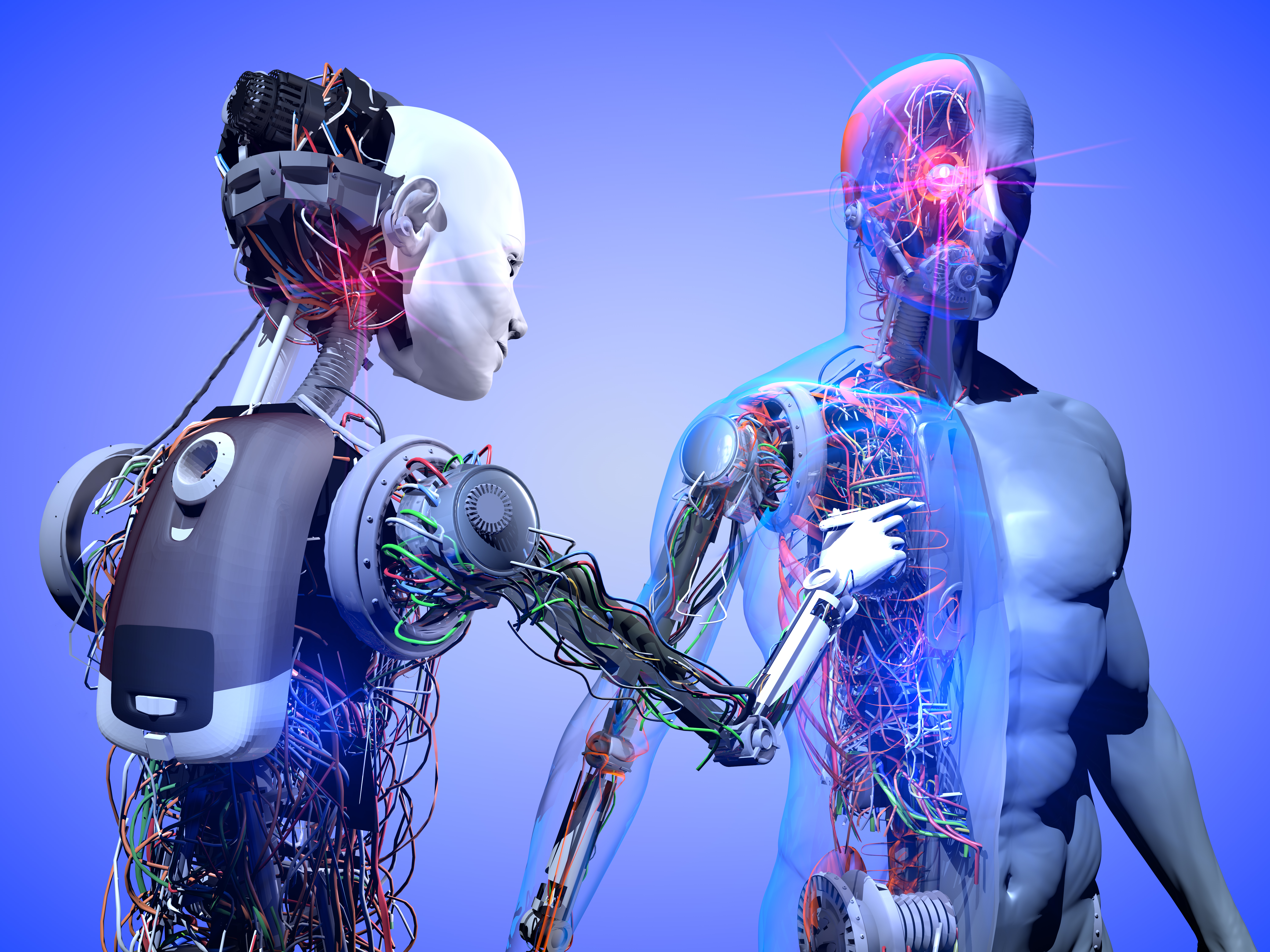
For AI developers, growing stockpiles of digital health data provide a virtually endless supply of material on which new AI tools can be trained.
For example, Apollo Hospitals, one of India's biggest hospital chains, recently released the Apollo AI-powered Cardiovascular Disease Risk tool that was developed using ten years’ worth of anonymized data from more than 400,000 patients across India.
According to reports, tool provides a risk score – high, moderate and minimal – that takes into account a patient's lifestyle attributes, such as diet, tobacco and smoking preferences and physical activity, as well as psychological stress and anxiety as reflected via respiratory rate and blood pressure reading.
“The AI tool to predict and prevent heart disease is the fruition of many years of research and development,” noted Sangita Reddy, Joint Managing Director, Apollo Hospitals Group.
Moreover, officials said the test is more accurate than the Framingham Risk Score, one of the commonly used scoring systems worldwide to assess patients' risk of heart diseases. The device has also been validated in a long-term cohort health study by the Heart+Vascular Center at Maastricht University Medical Center in the Netherlands. It has also been validated by King George’s Medical University in Lucknow, Uttar Pradesh. A study on this tool is undergoing a peer review process for potential publication.
According to Dr. Prathap C Reddy, Chairman, Apollo Hospitals Group, “While some predictive tools do exist to help physicians understand the probability of their patients developing heart disease, most of these are based on Western data sets and don’t take regional risk variations into account. This impacts their accuracy when applied in an Indian context. The Apollo AI-powered cardiovascular disease risk tool will change that and put the knowledge and the means to predict and prevent heart disease in the physician’s hands. Available till now only to Apollo’s physicians, it is a proud moment for us to dedicate this AI tool to all physicians in the country.”
In 2016, India accounted for a fifth of the total 17.7 million deaths worldwide due to CVDs, such as ischaemic heart disease and stroke, according to the World Health Organization. A Global Burden of Disease study found that for every 100,000 Indian citizens, an estimated 272 people die from CVDs, higher compared to the global average of 235.
Photo by Devrimb/Getty Images


